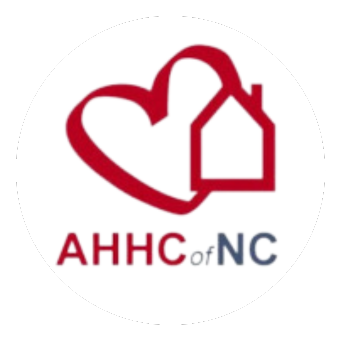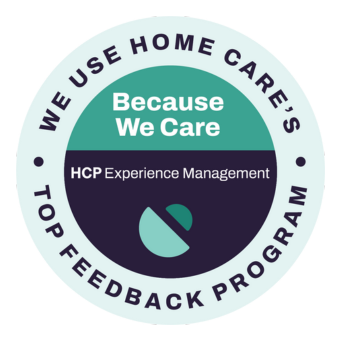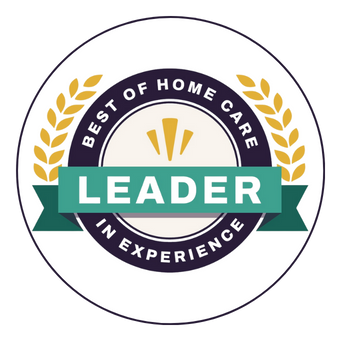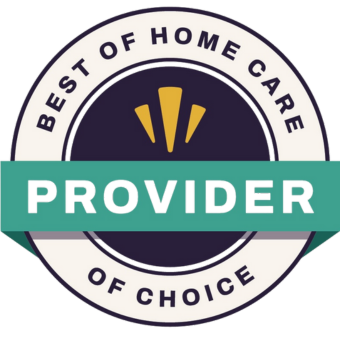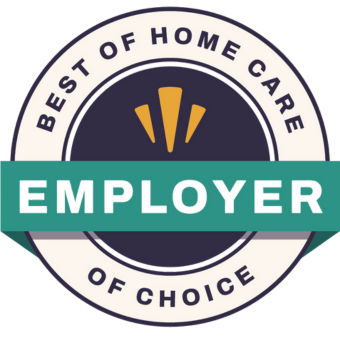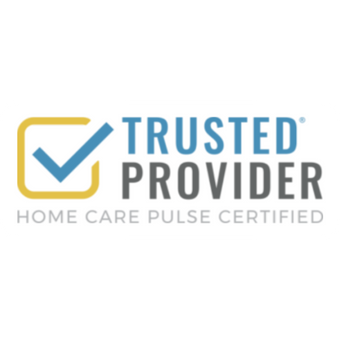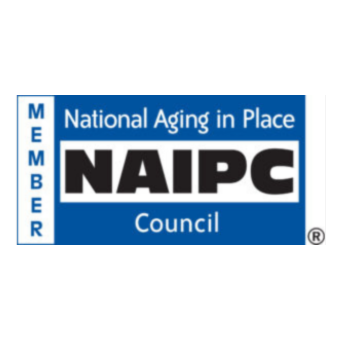As individuals in Raleigh age, their risk of developing lifestyle-limiting heart conditions increases, making it vital for them to prioritize heart-healthy habits. Observed in September each year, National Cholesterol Education Month is the perfect time to raise awareness about heart health and how it helps promote senior wellness. Read on to explore the link between high cholesterol and heart health, as well as tips and strategies for prioritizing senior heart health during National Cholesterol Education Month.
What Is Cholesterol?
Found in every cell in the body, cholesterol is a waxy, fat-like substance essential for various bodily functions, including the production of hormones, vitamin D, and bile acids that help digest fats. There are two main types of cholesterol: low-density lipoprotein (LDL) and high-density lipoprotein (HDL).
LDL cholesterol, often referred to as “bad” cholesterol, can build up in the arteries over time, leading to atherosclerosis and an increased risk of heart disease and stroke. Conversely, HDL cholesterol is known as “good” cholesterol because it helps remove LDL cholesterol from the arteries and transports it to the liver for excretion.
For optimal heart health, total cholesterol levels should be below 200 milligrams per deciliter (mg/dL), with LDL cholesterol below 100 mg/dL and HDL cholesterol above 60 mg/dL. High LDL cholesterol levels and low HDL cholesterol levels are associated with an increased risk of developing cardiovascular disease.
How High Cholesterol Impacts Senior Heart Health and Wellness
High cholesterol is a major risk factor for heart disease, a common condition that can have significant implications for seniors. Elevated cholesterol levels can induce plaque buildup in the arteries, narrowing the passageways and restricting blood flow to the heart. As this process continues, the risk of heart attacks, strokes, and other cardiovascular events increases. For seniors, the impact of high cholesterol on heart health can be notably concerning, as age-related changes in the heart and blood vessels can exacerbate these risks.
Independent seniors with diminished cardiac function face numerous daily challenges, including decreased exercise tolerance, increased fatigue, and greater susceptibility to heart-related complications. Seniors may find it more challenging to stay physically and socially active, maintain a heart-healthy diet, and manage their cholesterol levels independently, making it vital for them and their family caregivers to implement measures to support heart health.
How to Prioritize Senior Heart Health During National Cholesterol Education Month
While September is a great time to focus on senior heart health, it must be a priority year-round. Here are some heart-healthy habits every senior and family caregiver should know:
Cholesterol Screenings
Regular cholesterol screenings are essential for monitoring levels and identifying issues early on. Seniors should work with their healthcare providers to establish a cholesterol management plan tailored to their individual needs.
Heart-Healthy Diet
A diet rich in fruits, vegetables, whole grains, lean proteins, and healthy fats can help lower cholesterol levels and support heart health. Seniors should limit saturated and trans fats, reduce salt intake, and avoid processed and sugary foods. A registered dietitian or nutritionist can provide additional meal planning and preparation tips.
Medication Management
In some cases, medication may be prescribed to help manage high cholesterol levels. Seniors should adhere to their medication regimen as prescribed and consult their healthcare providers if they have concerns or experience side effects.
Exercise
Regular physical activity is essential for maintaining senor heart health and wellness. Seniors should engage in activities that promote cardiovascular fitness, such as walking, swimming, cycling, or low-impact aerobics. When done routinely, exercise can also help manage weight, reduce stress, normalize blood sugar levels, and improve mood.
Stress Management
Because chronic stress can negatively impact heart health, seniors should practice stress-reducing techniques such as meditation, deep breathing exercises, Yoga, or engaging in hobbies and activities they enjoy.
Regular Check-Ups
Seniors should schedule regular visits with their healthcare providers to monitor their heart health, discuss any concerns or symptoms, and receive necessary screenings and tests. Family caregivers can help by accompanying loved ones to their appointments, ensuring the proper questions are asked and recommendations followed.
Professional Home Care: Elevating Senior Heart Health and Wellness in Raleigh to a Whole New Level
When needed, professional home care can play a vital role in supporting senior independence and quality of life. In-home caregivers provide personalized care and daily living assistance, empowering seniors to maintain heart-healthy habits and manage their heart conditions effectively. Tailored to each client’s unique needs, professional home care services support senior heart health and wellness in these ways:
Medication Reminders
Professional caregivers help independent seniors adhere to their medication schedules by reminding them to take their medications as prescribed. While in the home, they can also monitor side effects or changes in health status.
Dietary Assistance
Home care services include meal planning and preparation, ensuring seniors stick to a heart-healthy diet. In-home caregivers can also assist with grocery shopping, cooking nutritious meals, and promoting heart-healthy eating habits.
Exercise Assistance
In-home caregivers can encourage seniors to engage in physical activity by accompanying them on walks or exercising together. Furthermore, they can provide motivation, support, and supervision to ensure clients stay active and maintain their fitness routines.
Socialization
The impact of a caregiver’s companionship and emotional support on senior well-being cannot be overstated. These services may include engaging seniors in meaningful activities, providing much-needed socialization, and lending a listening ear during times of stress or anxiety – all of which can promote heart health.
Personal Care Assistance
In-home caregivers can assist seniors with numerous personal care tasks, such as bathing, grooming, and dressing, helping them maintain proper hygiene and other self-care practices. Seniors who take care of themselves tend to be happier and healthier than those who don’t, which can be a real game-changer for protecting their hearts!
Final Thoughts About Adopting Heart-Healthy Habits as a Senior
National Cholesterol Education Month is the perfect time for seniors to focus on heart-healthy habits that can have a lasting impact on their overall health and wellness. Understanding the most common heart conditions, the importance of managing high cholesterol levels, and how to implement strategies to prioritize heart health empowers seniors to embrace a healthier tomorrow.
When needed, professional home care services can play a vital role in supporting senior heart health, wellness, and quality of life. With the support of in-home caregivers, seniors can make better-informed decisions about their diet and wellness while incorporating numerous heart-healthy habits into their daily routines.
Whether you are a senior looking to improve your heart health or a caregiver supporting a loved one, use National Cholesterol Education Month this year as an opportunity to focus on heart-healthy habits that help ensure a healthier tomorrow. Remember that a healthy heart is a happy heart!
Celebrate National Cholesterol Education Month with Us!
Helping an aging loved one maintain their heart health and senior wellness can be challenging. When you need assistance, contact HomeChoice Home Care Solutions in Raleigh. As a fully licensed and accredited home care provider, our highly trained professionals can provide the dignified care and support your loved one deserves. While serving as an extended family in the home, our compassionate caregivers can perform various duties, including Companionship Care, Personal Care, and Respite Care.
While assisting clients in Raleigh, Durham, Wake County, Johnston County, Wake Forest, Chapel Hill, and North Carolina, our agency’s focus is maintaining their quality of life, along with their dignity, self-esteem, and independence. For your added convenience, all our home care services can be individually personalized into an affordable package when and where you need them! Please visit www.homechoicehomecare.com to learn more about how we support senior wellness and heart health or schedule a FREE consultation for someone in our service area.


